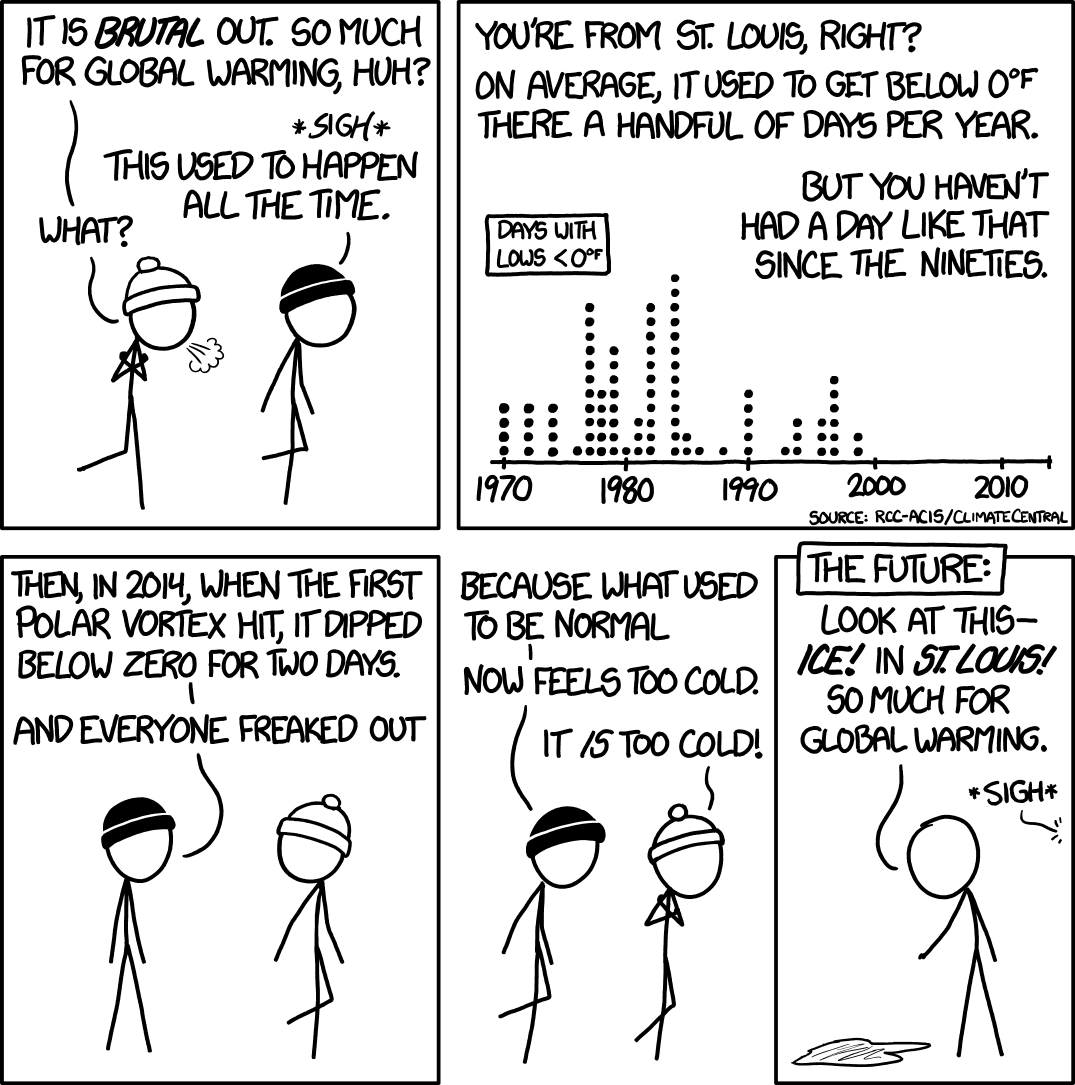My advisor always emphasized that there are three phases in the career of a mathematician. They are research, education, and stewardship of the field. While research is systematically rewarded by universities and our community, there is no doubt that education and stewardship are still treated as more of a vocation than a requirement. Because of this, I have tremendous respect for anyone who is committed to innovative teaching, who works to expand access to our field, or who invests in future of junior researchers through being a mentor.
In this space, I’ll share a few of my efforts. (Please forgive that this page will be in a permanent state of construction.)
Lies, Damned Lies and Data Science
In the Fall Semesters of 2017 and 2018, I had the privilege to teach an Honors Colloquium course with 15 honors students each year. We met once a week and explored how data is presented in media in ways that both illuminate and obscure the truth (whatever it is we think we mean by the word “truth”). We started the course looking at the ways different news sources manipulate (or inadvertantly misrepresent) data in service of making a point. But just learning “how to lie with statistics” isn’t a satisfying adventure when some many good stories need to be told well. So in the latter two-thirds of the course we committed ourselves to the positive, with each student taking on the challenge to “pick a truth and tell it.”
Major League Baseball Youth Academy
As my parents and friends from home will gladly tell you, before I was interested in mathematics I was absolutely obsessed with sports statistics. From learning how to code on my Commodore 64, to running our high school fantasy baseball league with a calculator and the newspaper, to calculating annual ratings for college football teams ahead of bowl season, my intuition and love of finding order in randomness got its start in the field of play.
Along with Mathematics Professor of the Practice Mike Joyce, members of the Tulane Center for Sport (Teresa Belt and Gabe Feldman), and the New Orleans chapter of the MLB Youth Academy (Eddie Davis), we have tried to communicate some degree of this love of statistics to New Orleans area high school students through some baseball analytics workshops. In these workshops, we have learned how linear regression literally changed changed the way baseball is played, and how clever data visualization can help a general manager find a diamond in the rough. In 2021 we are looking to expand this efforts to Youth Academies in other cities and create materials that math teachers or math club advisors can use to bring these investigations anywhere!

